Why Teamwork is Important in Sports
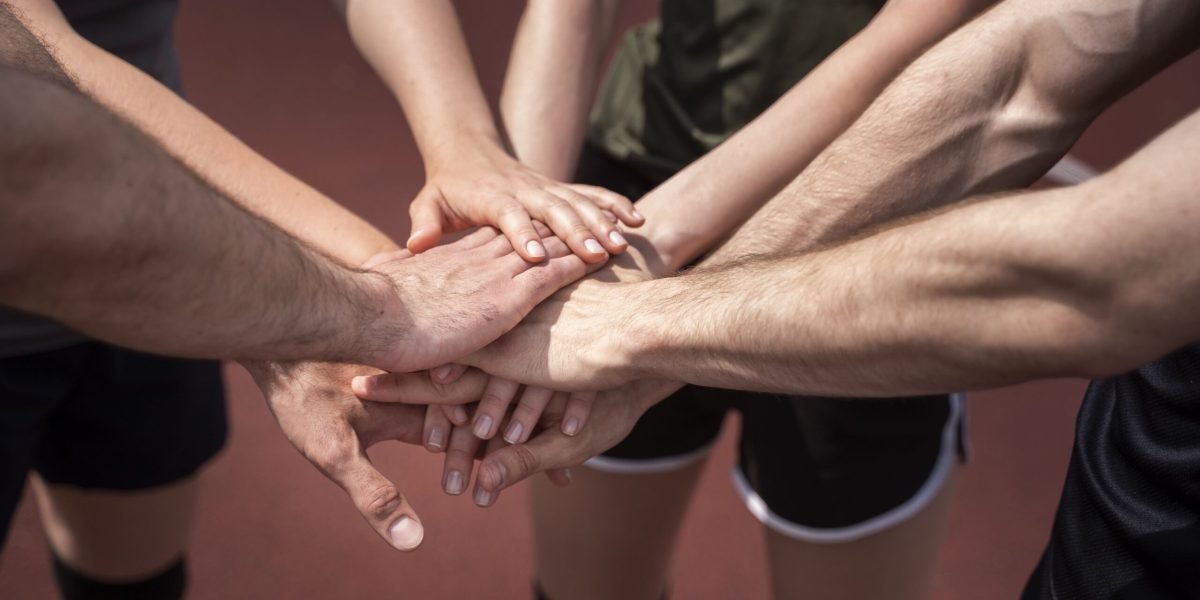
Start with a Real-Life Story
On a chilly winter night in 2004, the underdog team in a small-town high school basketball league was about to face its greatest challenge yet. The unbeaten River Valley Tigers, renowned for their extraordinary individual talent and for terrifying their opponents with their skills, had advanced to the championship game against the Westfield Eagles, a group of driven but underappreciated players. As the game started, it soon became evident that the Tigers had greater individual performance. In the first half, the Eagles were twenty points behind and found it difficult to catch up.
In the middle of the match, they suddenly held an important team meeting. Instead of feeling despondent, the Eagles rallied together, sharing encouraging words and strategies. They reminded each other of the importance of teamwork over individual glory, emphasizing how they had practiced working collaboratively throughout the season. As they returned to the court for the second half, they demonstrated exceptional coordination, consistently passing the ball and communicating effectively. One player would drive toward the basket while others created openings, leading to a stunning comeback. In a thrilling conclusion, the Eagles not only closed the gap but also won the game against all odds.
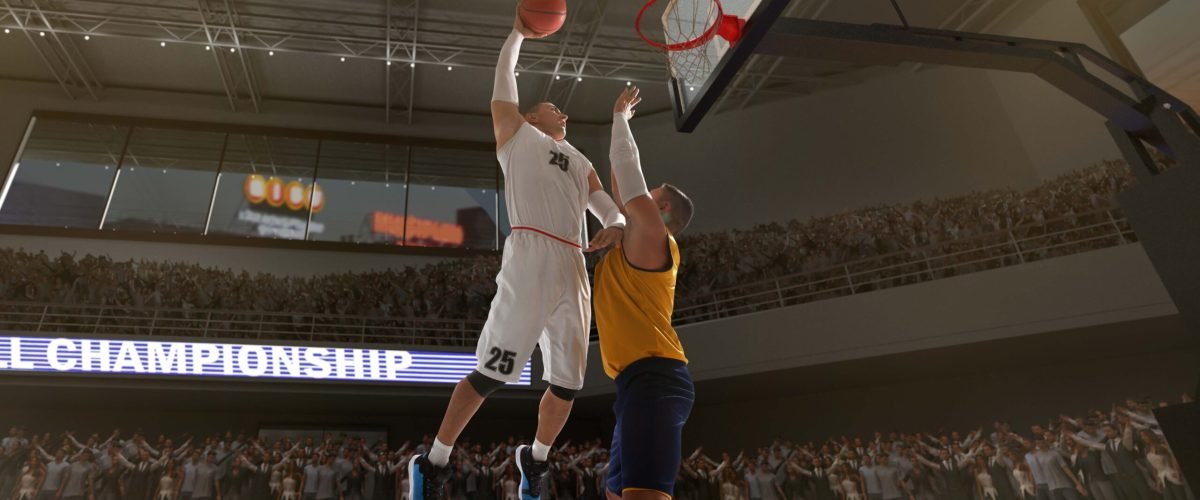
This inspiring real-life story begs the question: What made the Eagles victorious despite their initial setbacks? The answer is simple yet profound: teamwork. In this article, we’ll delve deeply into how teamwork actually works in sports and why it’s more important than most people think, unearthing insights that go beyond the surface and demonstrating how teamwork may result in remarkable success in both life and sports.
What is Teamwork in Sports?
In sports, teamwork refers to a group working together to achieve or win something—that’s what is meant by teamwork. This goes beyond merely playing alongside one another; it encompasses a shared understanding of roles, mutual support, and open lines of communication. Teamwork stands in stark contrast to individual performance, where a single athlete relies solely on their skills and abilities. In a team, success doesn’t depend solely on individual talent; rather, it truly depends on how skillfully each player can coordinate with one another.
Teamwork requires trust, communication, support, and common objectives. For instance, consider a soccer team during a game: defenders must trust their goalkeeper to be vigilant and ready to block potential goals, while forwards rely on their teammates to create opportunities for scoring. Communication is vital, as players call out to each other to signal where they are on the field or to strategize instantly. When players are aligned in their objectives, such as winning a match or improving their skills, they create a dynamic where everyone supports one another, allowing each member to shine in their role.
To illustrate this further, let’s think about a volleyball team. Every player serves, receives, blocks, and attacks from particular angles. Despite being skilled individually, if players do not trust one another, communicate effectively, and work toward the common goal of winning a set, they may struggle to piece together a successful game plan. This example highlights the transformative power of teamwork and how essential it is for achieving success in sports.

How Sports Teach Teamwork and Life Skills
Teamwork in sports is not just limited to winning games; it has a profound impact on developing various life skills. Here are some essential skills nurtured through participation in team sports, along with in-depth explanations and examples:
Leadership
Leadership in sports frequently originates from within the team rather than being limited to a captain. Strong leaders emerge on the field, motivating teammates during tough times and setting a positive example with their attitude and effort. For instance, a basketball player who encourages their teammates to push harder during a challenging game fosters an environment where everyone feels motivated to contribute. This experience serves as a training ground, preparing individuals to take on leadership roles in their personal and professional lives as they learn how to inspire others through shared goals.
Communication
Successful teamwork is based on effective communication. Athletes learn to convey thoughts and strategies succinctly, whether it’s a quick shout to signal a play or discussing game strategies in practice. For example, a quarterback in football must communicate effectively with both the offensive line and receivers to execute a successful play. This skill carries over into real life, where clear and concise communication is crucial in group projects, workplace collaborations, and even family discussions.
Accountability
In a team, each member must hold themselves and their counterparts accountable for their actions and performance. This sense of responsibility is vital for growth, as teammates provide constructive feedback and support one another to ensure everyone performs at their highest potential. In a baseball team, if a player fails to give their best during practice, teammates may step in to remind them of the team’s shared goals and the importance of everyone’s contribution. Such experiences instill a sense of accountability that can be invaluable in professional settings, where mutual reliance and trust are essential for success.
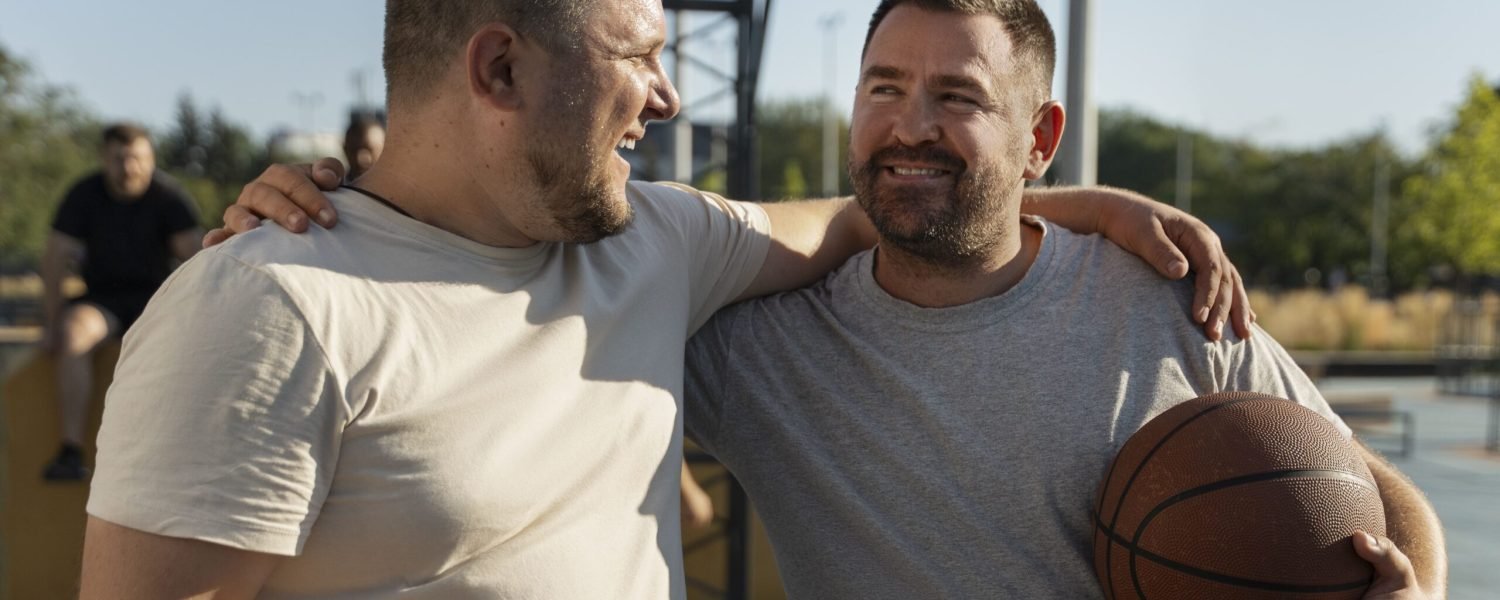
Trust and Support
Building trust among teammates can take time, but it is foundational to successful teamwork. Athletes learn that to excel, they must trust their teammates to perform their roles competently. Take the example of a track relay team, in which a runner quickly passes the baton to a teammate. The difference between winning and losing may depend on how well the team executes the handoff. This kind of trust translates into everyday life, where individuals can rely on family members, co-workers, and friends for support, ultimately leading to stronger relationships.
Conflict Resolution
Disagreements inevitably arise within teams, and sports provide a unique environment to practice conflict resolution. Players learn how to navigate differing opinions and find common ground. Imagine a hockey team whose players disagree on strategy; through teamwork exercises, they learn to listen to each other, compromise, and find a solution that benefits the entire team. These conflict resolution skills are integral to personal relationships, team dynamics in workplaces, or community engagement, where collaboration often requires negotiation and understanding.
Patience
Team collaboration requires patience, whether it’s waiting for an opportunity to take the shot or allowing a teammate to develop their skills before turning to a new strategy. In sports, players often realize that individual progress takes time and that mastering a skill is a journey requiring consistent effort. This patience cultivates resilience and understanding in real life, helping individuals cope with setbacks, delay gratification,
and work persistently toward long-term goals.
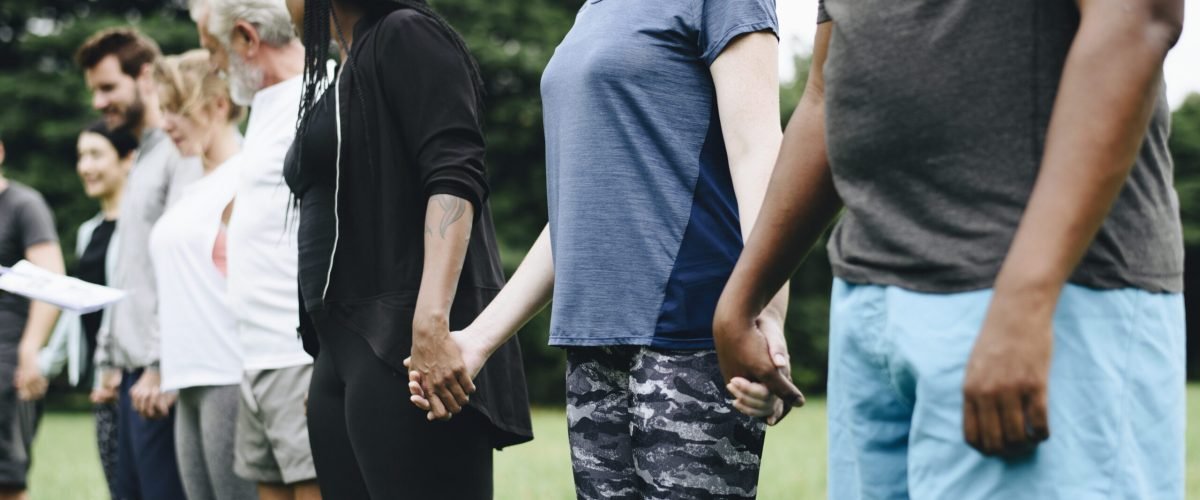
Benefits of Teamwork in Sports
The advantages of teamwork in sports extend beyond game-day successes. Here are several profound benefits of being part of a team and how they enhance both performance and personal growth:
Better Performance Through Combined Effort
When athletes combine their skills, their collective strength often outweighs the sum of their individual efforts. A football team that operates seamlessly, with players knowing precisely their roles, tends to outshine a group of talented individuals who struggle to coordinate. This idea applies universally; when those involved in any project work closely, they can strategize better, cover for each other’s weaknesses, and use their collective strengths, leading to improved outcomes.
Mental and Emotional Support in Tough Moments
Participation in team sports offers players a supportive environment that can be crucial during challenging times both on and off the field. Teammates who share the highs and lows of competition develop bonds that provide encouragement during moments of doubt or failure. Imagine a basketball player who misses a crucial shot in a game; supportive teammates can offer reassurance and reminders of their previous successes, helping the player regain confidence. This kind of support can transfer to life’s struggles, showing individuals that they are not alone during hard times.
Improved Problem Solving During Matches
In fast-paced sports, quick thinking and adaptability are required to address challenges during games. Teams must work together to devise new strategies in real time, whether adapting a game plan to counteract the opponent’s strengths or navigating unforeseen circumstances such as an injury. Developing these problem-solving skills prepares athletes to tackle challenges in life, fostering a flexible mindset that thrives on collaboration.
Unity That Leads to Long-Term Relationships
Teamwork fosters unity that often results in lasting friendships and camaraderie. Whether during practice or competition, shared experiences can create enduring relationships that go beyond the field. These relationships become sources of joy and encouragement and help individuals build support networks that are invaluable throughout life.
More Learning from Shared Mistakes
In a strong team environment, mistakes become opportunities for growth rather than sources of blame. Athletes learn to analyze missteps together, understanding that learning collectively allows everyone to improve. A volleyball team that misses a crucial serve may gather afterward to discuss what went wrong and how to prevent it in the future. This practice of shared learning fosters resilience and determination that can serve individuals well throughout life.
Everyone Grows Together
One of the most beautiful aspects of teamwork in sports is that it creates an environment in which everyone can grow. Each member’s development elevates the entire team, as players share their strengths, cultivate new skills, and inspire one another. In this nurturing environment, they learn to celebrate each other’s victories, fostering a collective pursuit of excellence that extends beyond competition.
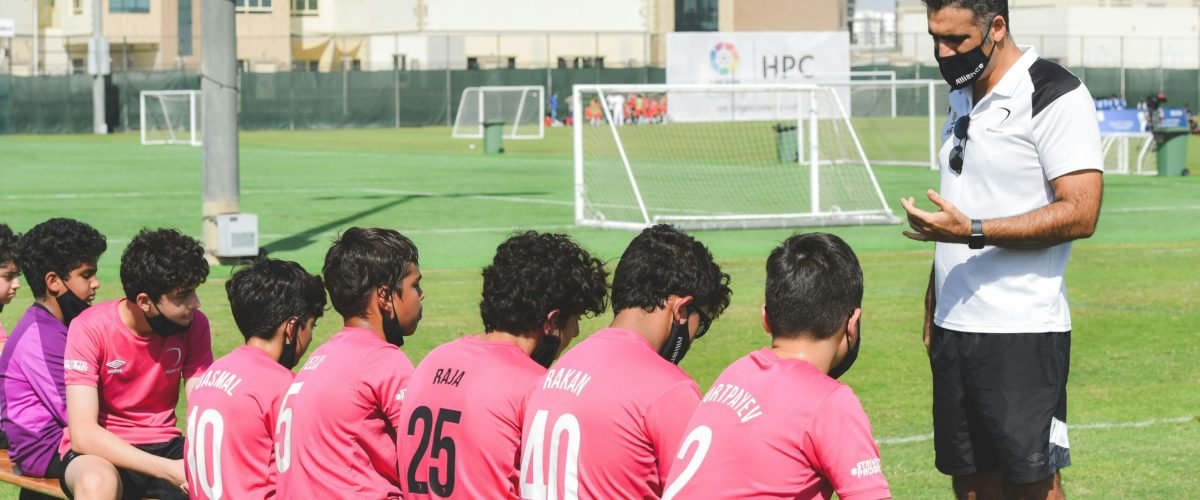
What Can We Learn from Sports About Teamwork in Real Life?
The invaluable lessons learned through teamwork in sports can be applied to various aspects of daily life:
Business or Work Life
In the workplace, teams consist of individuals with diverse skills collaborating toward shared objectives. Understanding teamwork in sports helps employees appreciate each other’s strengths, leading to enhanced cooperation and productivity. Teams can emulate sports teams by establishing clear communication channels, defined roles, and mutual support, leading to successful project outcomes.
School or College Group Work
Students often work in groups on projects, providing an opportunity to practice teamwork. By applying the collaborative skills developed in sports, such as leadership, accountability, and conflict resolution, students can create a supportive environment that fosters innovation and creativity, elevating the quality of their work.
Family Life
To improve the flow of household tasks and complete them properly, teamwork is a must. Learning to communicate effectively, support one another, and resolve conflicts resembles the dynamics of a well-functioning team. By implementing teamwork principles from sports, families can foster an environment of collaboration, understanding, and emotional support.
Community Service or Group Goals
Whether volunteering for community service or working toward a common goal within local organizations, teamwork is paramount. Group efforts allow individuals to pool their talents and resources, demonstrating how collaboration can effect positive change. This spirit of teamwork echoes the training and discipline cultivated in sports, showing how collective efforts can impact society.
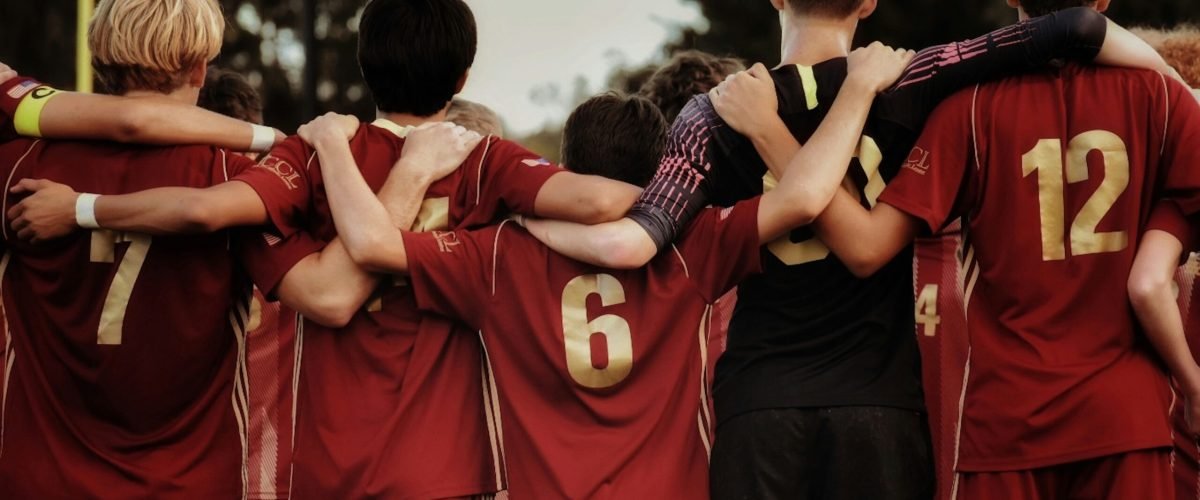
What Makes a Teamwork System Truly Work?
To foster an effective teamwork system in sports or any collective endeavor, several fundamental factors must be in place:
Communication
Smooth communication is essential for expressing opinions and concerns. Teams that prioritize regular discussions and feedback cultivate an environment where members feel valued and understood. A culture of communication encourages players to express their thoughts freely, leading to better coordination.
Defined Roles
Establishing clear roles helps streamline collaboration and align efforts toward specific goals. When each member knows their responsibilities, the team operates more effectively. Clearly defined roles increase productivity by enabling each participant to contribute their unique talents.
Practice and Coordination
Effective teamwork requires practice not only in individual skills but also in refining group dynamics. Regular team practices foster strategy, build trust, and emphasize understanding each other’s play styles. This coordination leads to a smoother flow during competition.
Strong Leadership
A productive teamwork atmosphere depends heavily on effective leadership. A strong leader guides the team through challenges, fosters inclusivity, and inspires commitment. Such leaders create an atmosphere where team members feel valued and motivated.
Positive Team Culture
Cultivating a positive team culture that values diversity and open communication is crucial. By appreciating individual strengths and providing constructive feedback, teams create a welcoming environment that drives engagement and success.

NOTE THIS!
- In sports, cooperation requires support, communication, confidence, and common objectives.
- Sports are an important part of life; they influence us in many ways.
- Key teamwork skills include communication, accountability, trust and support, conflict resolution, and patience.
- The benefits of teamwork extend to improved performance, mental support, better problem-solving, strong relationships, shared learning, and collective growth.
- Sports lessons can be applied to business, school, family, and community efforts to foster better collaboration.
- Effective teamwork systems depend on communication, defined roles, practice coordination, strong leadership, and a positive culture.

Wrap-Up and Motivation
As we conclude our exploration of why teamwork is crucial in sports, let us remember that these principles are not confined to the playing field; they resonate deeply in the fabric of our lives. From the story of the Westfield Eagles, who embodied the power of unity to achieve an improbable victory, we glean that teamwork creates champions not only in sports but in life itself. Each moment we share with others, whether in sports, work, or personal life, reminds us that together, we can achieve extraordinary feats.
Therefore, keep in mind the collaboration skills you’ve learned when you tackle your own challenges. Learn to trust, support, and believe in each other, for this is the essence that drives accomplishments, builds enduring bonds, and ultimately shapes a fulfilling journey.
